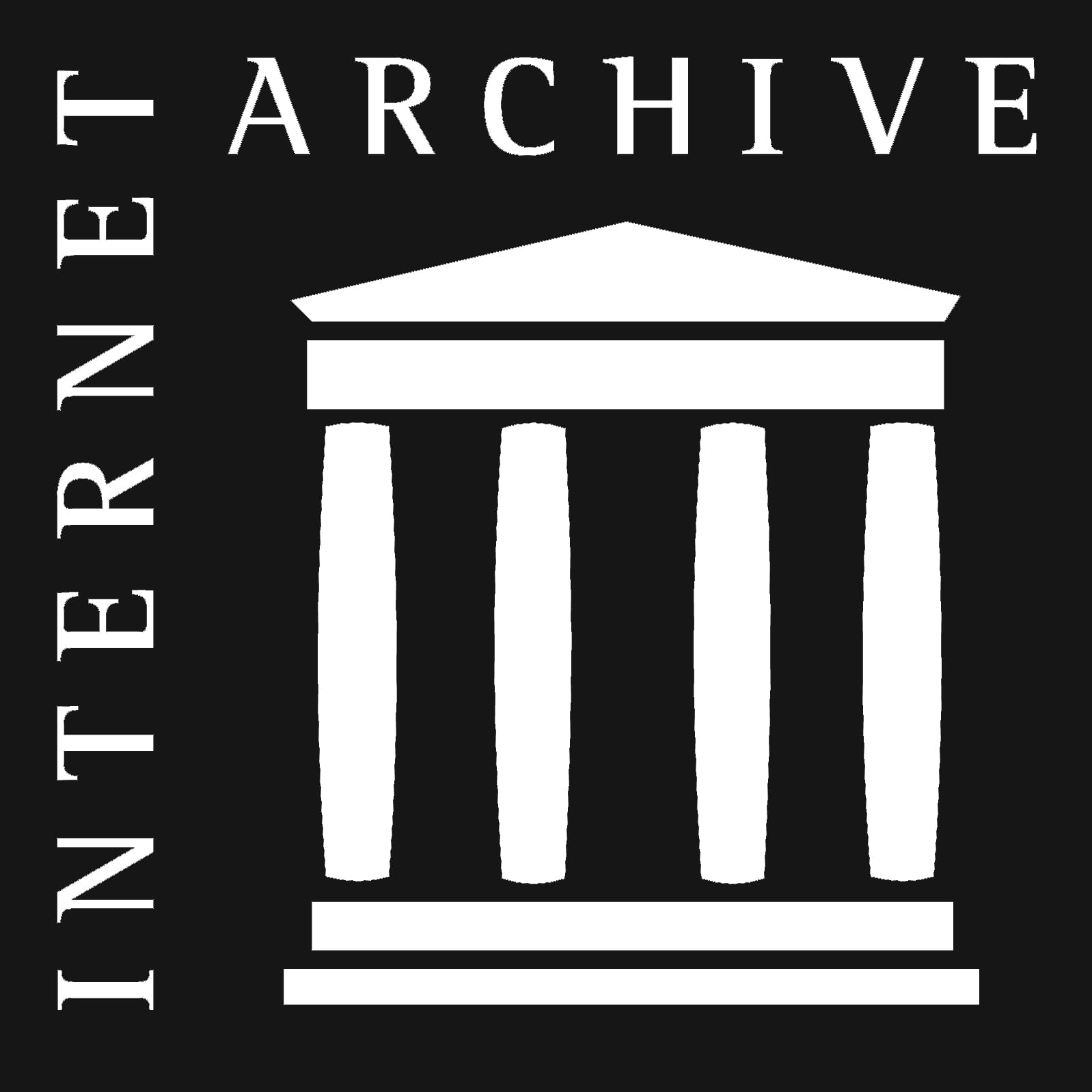Internet Archive is a non-profit organization that is “building a digital library of Internet sites and other cultural artifacts in digital form.”1
You might be familiar with Internet Archive from its “wayback machine,” which periodically captures websites over the course of their development. It can be amusing to go back and look at early versions of sites for companies that now have a significant Internet presence.2
But Internet Archive also has a sizeable and incredibly useful repository of books. In fact, Internet Archive has so much available that searching can sometimes be a bit unwieldy.
Searching
As with Google Books, the metadata on Internet Archive can be missing or a bit off. So, you may have to search multiple ways for a given resource. That’s especially true if the resource isn’t titled in English. And when you think you’ve found what you’re looking for, you need to page through the resource to carefully confirm from its contents that it is what the title and other metadata suggest.
As you do though, you’ll find basically two ways you can access volumes on Internet Archive. The resources might be downloadable or borrowable.
Downloadable
On Internet Archive, resources will often be downloadable if they’re in the public domain. When they are, you’ll often have the choice of several download formats, different qualities of PDFs being some of these.
For resources I download from Internet Archive, I rarely download anything except for one or another of the PDF versions. The optical character recognition (OCR) that’s gone into the text versions is often quite uneven. Generally, I find I get better results running an OCR process through Zotero if that turns out to be something I find helpful for a given resource.
Borrowable
In addition to public domain materials, though, Internet Archive also provides access to a number of texts that are still under copyright.
These you can borrow so that you can gain full access to the text for a limited time, such as 1 hour. To borrow a resource, you need to register for a user account. And even then, you’ll only be able to view the pages of a resource, not download its full text.
For example, one text available for borrowing on Internet Archive is Aron Dotan’s Thesaurus of the Tiberian Masora: A Comprehensive Alphabetical Collection of Masoretic Notes to the Tiberian Bible Text of the Aaron Ben Asher School (Tel-Aviv: Tel-Aviv University, 1977).
You can preview a limited number of pages from the volume. But if you want to review more than that, you’ll need to register for a user account and borrow it similar to how you might at a physical library.
Conclusion
Internet Archive is vast enough that it can sometimes take a good bit of hunting to find what you need. But it does make it much simpler and faster to access any number of resources than it otherwise would be have been.
To see some of the gems I’ve found on Internet Archive over the years, see my guide to the Internet as a research library.

Leave a Reply